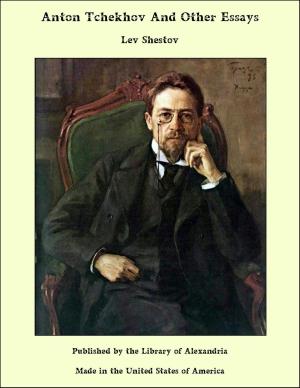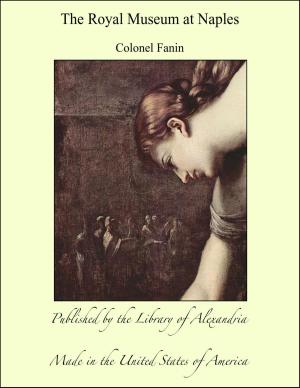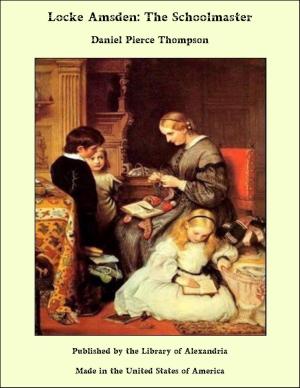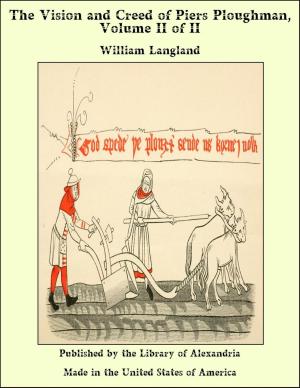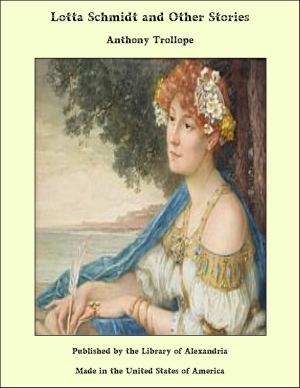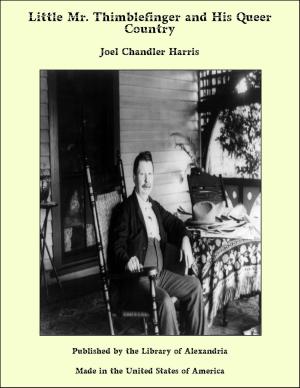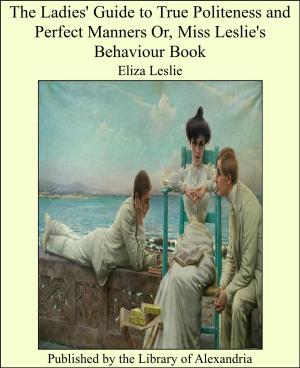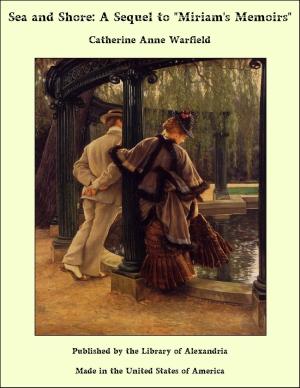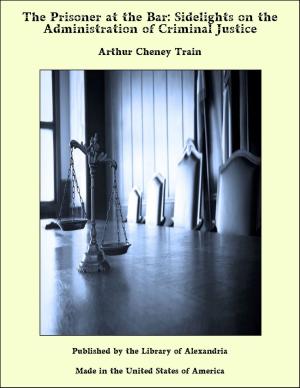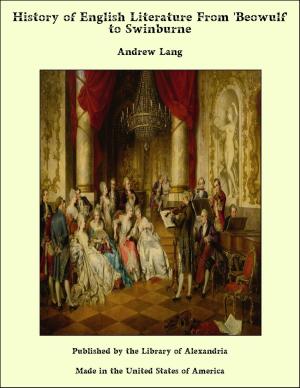Samuel Brohl and Company
Nonfiction, Religion & Spirituality, New Age, History, Fiction & Literature| Author: | Victor Cherbuliez | ISBN: | 9781465526342 |
| Publisher: | Library of Alexandria | Publication: | March 8, 2015 |
| Imprint: | Language: | English |
| Author: | Victor Cherbuliez |
| ISBN: | 9781465526342 |
| Publisher: | Library of Alexandria |
| Publication: | March 8, 2015 |
| Imprint: | |
| Language: | English |
Were the events of this nether sphere governed by the calculus of probabilities, Count Abel Larinski and Mlle. Antoinette Moriaz would almost unquestionably have arrived at the end of their respective careers without ever having met. Count Larinski lived in Vienna, Austria; Mlle. Moriaz never had been farther from Paris than Cormeilles, where she went every spring to remain throughout the fine weather. Neither at Cormeilles nor at Paris had she ever heard of Count Larinski; and he, on his part, was wholly unaware of the existence of Mlle. Moriaz. His mind was occupied with a gun of his own invention, which should have made his fortune, and which had not made it. He had hoped that this warlike weapon, a true chef-d'oeuvre, in his opinion superior in precision and range to any Other known, would be appreciated, according to its merits, by competent judges, and would one day be adopted for the equipment of the entire Austro-Hungarian infantry. By means of unremitting perseverance, he had succeeded in obtaining the appointment of an official commission to examine it. The commission decided that the Larinski musket possessed certain advantages, but that it had three defects: it was too heavy, the breech became choked too rapidly with oil from the lubricator, and the cost of manufacture was too high. Count Abel did not lose courage. He gave himself up to study, devoted nearly two years to perfecting his invention, and applied all his increased skill to rendering his gun lighter and less costly. When put under test, the new firearm burst, and this vexatious incident ruined forever the reputation of the Larinski gun. Far from becoming enriched, the inventor had sunk his expenses, his advances of every kind; he had recklessly squandered both revenue and capital, which, to be sure, was not very considerable.
Were the events of this nether sphere governed by the calculus of probabilities, Count Abel Larinski and Mlle. Antoinette Moriaz would almost unquestionably have arrived at the end of their respective careers without ever having met. Count Larinski lived in Vienna, Austria; Mlle. Moriaz never had been farther from Paris than Cormeilles, where she went every spring to remain throughout the fine weather. Neither at Cormeilles nor at Paris had she ever heard of Count Larinski; and he, on his part, was wholly unaware of the existence of Mlle. Moriaz. His mind was occupied with a gun of his own invention, which should have made his fortune, and which had not made it. He had hoped that this warlike weapon, a true chef-d'oeuvre, in his opinion superior in precision and range to any Other known, would be appreciated, according to its merits, by competent judges, and would one day be adopted for the equipment of the entire Austro-Hungarian infantry. By means of unremitting perseverance, he had succeeded in obtaining the appointment of an official commission to examine it. The commission decided that the Larinski musket possessed certain advantages, but that it had three defects: it was too heavy, the breech became choked too rapidly with oil from the lubricator, and the cost of manufacture was too high. Count Abel did not lose courage. He gave himself up to study, devoted nearly two years to perfecting his invention, and applied all his increased skill to rendering his gun lighter and less costly. When put under test, the new firearm burst, and this vexatious incident ruined forever the reputation of the Larinski gun. Far from becoming enriched, the inventor had sunk his expenses, his advances of every kind; he had recklessly squandered both revenue and capital, which, to be sure, was not very considerable.

